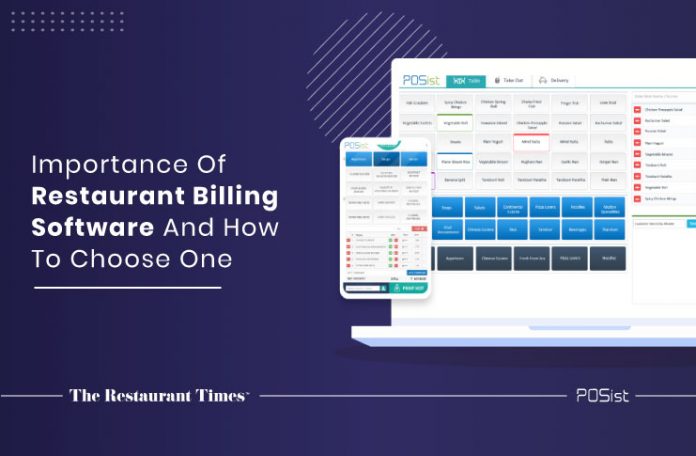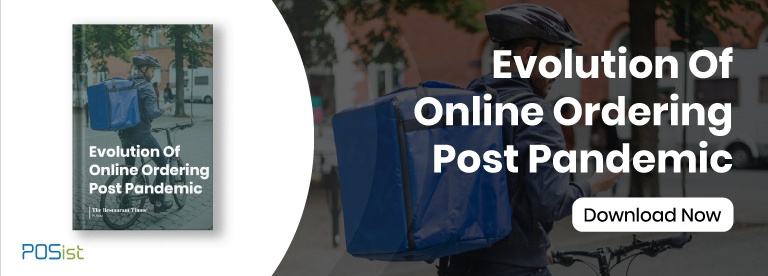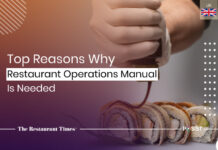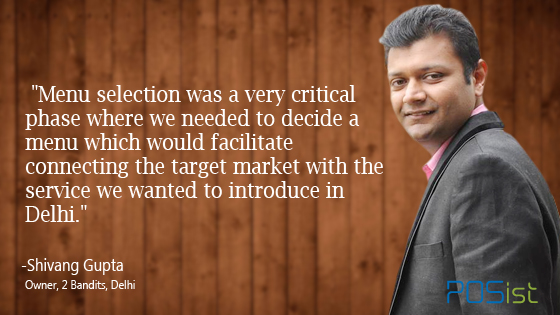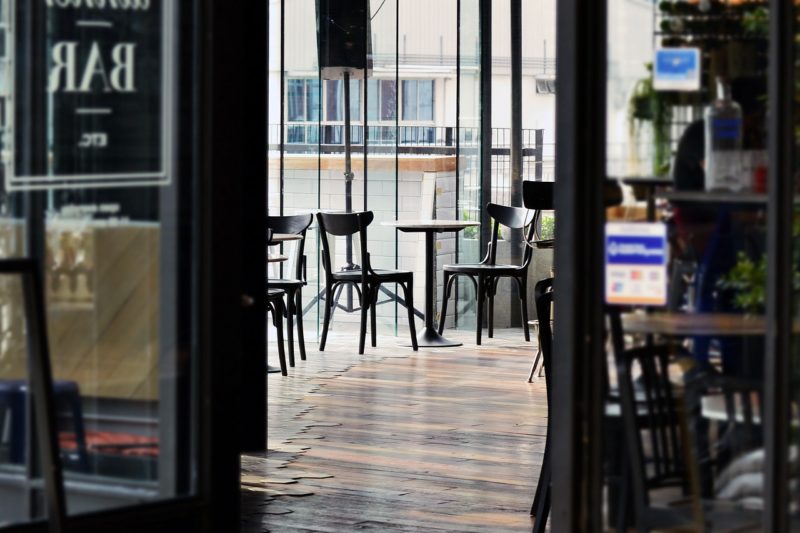Restaurant billing software is now indispensable for every restaurant format. With the expanding restaurant industry, it has become essential to enhance and automate restaurant operations. A billing software eases billing operations by automation and improves the overall customer experience. In the times post COVID-19, all restaurants want to sustain and flourish in the industry. A good POS helps them enhance the restaurant operations’ efficiency and eventually increases sales and revenue.
In this article, we present the various features a restaurant management software must have besides the billing operations. In addition, we also aim to highlight the importance of each feature.
Top Features A Restaurant Billing Software Must Have
While choosing a restaurant billing software, you need to be extremely critical in selecting the features you want. As the name implies, the very least it should accomplish is to provide thorough billing and expedite the ordering process. With features like bill splitting, easy switching between tables, generating instant Kitchen Order Tickets (KOTs), etc., it gets easier to reduce the table turnaround time and thereby serve more customers.
Here’s a list of features that must be included in your billing software, along with how they contribute to your restaurant business.
1. Online Ordering
Online ordering is a must-have feature of a restaurant POS system. Post pandemic, online ordering has increased substantially and thus, it is a proven method to multiply restaurant sales. If your restaurant management software doesn’t support online ordering, you might lose out on a large pool of customers.
A restaurant POS system must provide the restaurant menu online to the customers enabling them to order from the convenience of their homes. Quickly receiving, managing, tracking and delivering orders are some of the tasks that your restaurant billing software must be able to facilitate seamlessly.
2. Inventory Management
As a restaurant owner, it is essential to ensure the raw materials are being used judiciously. Inventory is a cornerstone of every restaurant and needs to be tracked thoroughly. Wastage of inventory means wastage of money which no restaurant business wants.
Using restaurant billing software, you can keep an eye on the number of ingredients used for each dish and analyze which ingredients can be cross utilized. It can also track which dishes are unpopular so that they can be removed from the menu later by viewing the item-wise reports. These practices help to reduce costs and optimize the menu such that each dish sells well.
3. Customer Relationship Management
Customers define the success of the restaurant. Satisfied customers revisit the restaurant and spread the word about it. They are the result of good customer restaurant service and attractive marketing. To boost the sales of any restaurant, satisfied customers are essential.
Besides billing, a restaurant POS system helps in satisfying customers. You can know your regular customers with the assistance of the POS system and introduce special offers to them. Besides, you can also track customer preferences and behaviour in order to shape your restaurant menu accordingly and generate more sales, and thus more revenue.
Furthermore, it collects the customer data centrally and sends personalized discount notifications on their birthdays, marriage anniversaries, etc. It also asks the customers for restaurant feedback and thus makes them feel valued.

4. Third-party Integrations
Integrating with third parties is essential for restaurants to facilitate easy ordering and payments. Joining hands with food delivery applications provides the restaurants with a wider presence and a more extensive customer base. Furthermore, they also market the restaurant brand on special requests.
Since restaurateurs might not always want to integrate with food delivery apps because of commission issues, their restaurant billing software must be able to integrate with online payment applications. Furthermore, to track the rider, managers can use third-party applications. For instance, Posist software can integrate with a third party application – RoadCast – to track food delivery staff in real-time.
5. Detailed Reporting & Analytics
Detailed reporting is essential for any business to know how it is performing and how much revenue it is generating. In the restaurant business, there are numerous things to take care of, like sales, inventory, customer service etc. Having access to the daily, weekly and monthly sales helps to track the progress of all these components of a restaurant. Furthermore, item wise reports indicate which is the most profitable and most popular dish on the menu and also help in menu optimization. A restaurant can optimize its operations around this data which can add to enhanced customer satisfaction; the chief aim of any restaurateur.
Purchasing a restaurant POS is a one-time investment that will gradually generate more revenue. This one-time investment needs to be well-thought such that the POS system bought is versatile enough to understand the restaurant’s needs. Therefore, consider these factors before deciding on the software.


